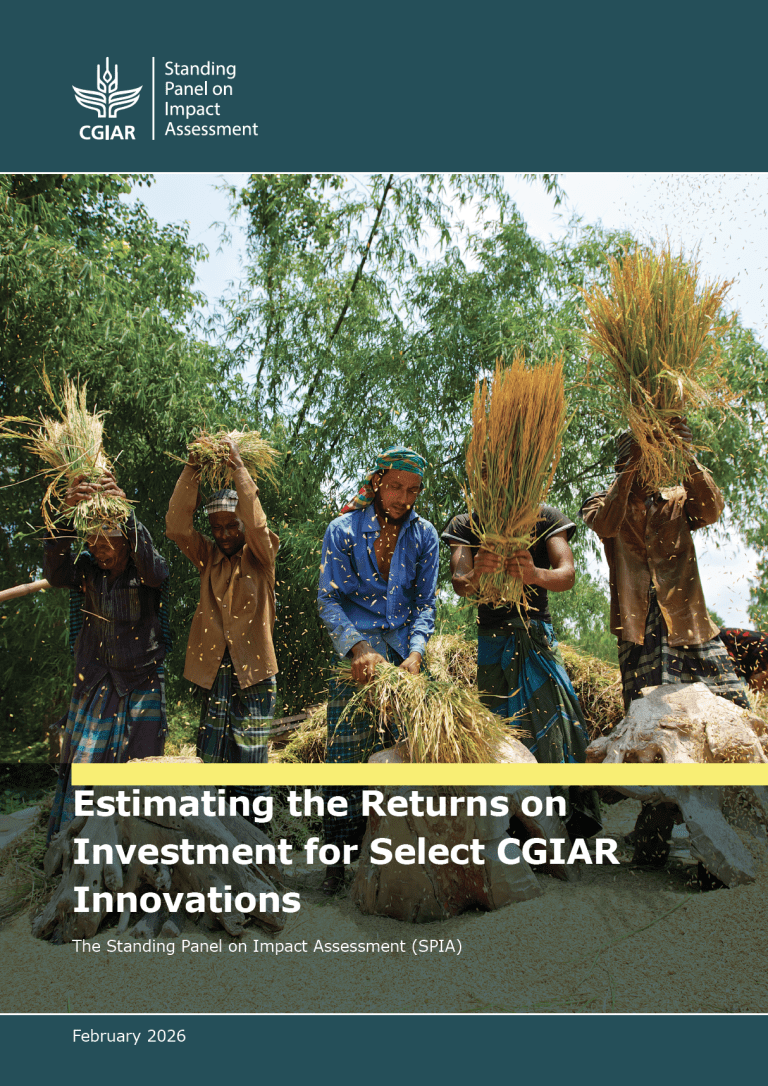The Standing Panel on Impact Assessment (SPIA) will host a matchmaking event in Nairobi, Kenya, from July 19-21 2022. During this event, researchers from CGIAR Research Initiatives will be matched directly with university professors or with PhD students, supported by their advisers, to bring high-quality human capital for impact evaluation.
With the rollout of the CGIAR Research Initiatives implementation phase, SPIA is seeking to support the development of more concrete impact assessment plans. One of SPIA’s strategies to support the design of relevant and rigorous impact assessments is through matchmaking Initiatives and impact assessment experts. There is a growing number of academic scholars interested in CGIAR research and innovations who are willing to partner with Initiatives to document impacts.
The event will provide a space for participants to discuss their impact assessments plans and build partnerships to collaborate on impact assessments.
Initiative selection to the event
Since 2021, SPIA has provided support to all Initiatives in the preparation of their impact assessment plans. The Initiatives have progressed and are at different stages in the process of identifying the relevant impact assessment research questions and potential impact assessment studies. Some Initiatives have already expressed to interact with SPIA to consider their impact assessment plans.
The matchmaking with academic partners is available for all Initiatives, and will start with those that are more advanced in their plans and available to engage with academic partners in specific research questions. So far, around 20 initiatives have engaged with SPIA and six of them are more advanced in their impact assessment plans. These have been selected for the first matchmaking event in Nairobi.
We anticipate that additional matchmaking events will be organized for the many other Initiatives as they progress. SPIA will continue to prioritize those expressing interest in collaboration that have identified concrete research questions and potential studies.
Event Outcomes
Teams from 6 One CGIAR Initiatives attended this event along with 8 academic teams. In the opening session, each Initiative gave a short presentation of their impact assessment plans and received feedback and questions from the bigger group. Teams met bilaterally in smaller constellations for shorter discussions and an opportunity to ask more specific questions. Groups were then formed to discuss specifics around study design and next steps. Finally, each group presented at a concluding session, receiving feedback from the bigger group. The event resulted in 10 concrete project ideas that the teams are now working to develop further.




